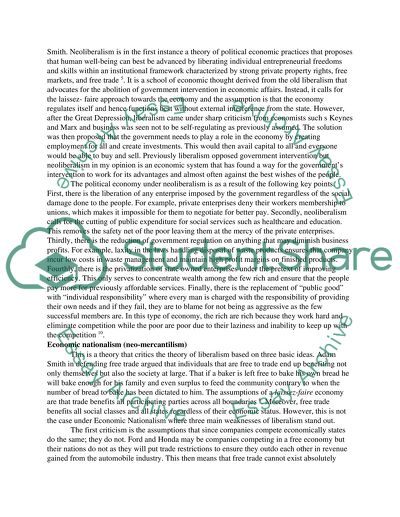Cite this document
(“Comparison between Marxism and Neoliberalism Essay”, n.d.)
Retrieved from https://studentshare.org/social-science/1670316-comparison-between-marxism-and-neoliberalism
Retrieved from https://studentshare.org/social-science/1670316-comparison-between-marxism-and-neoliberalism
(Comparison Between Marxism and Neoliberalism Essay)
https://studentshare.org/social-science/1670316-comparison-between-marxism-and-neoliberalism.
https://studentshare.org/social-science/1670316-comparison-between-marxism-and-neoliberalism.
“Comparison Between Marxism and Neoliberalism Essay”, n.d. https://studentshare.org/social-science/1670316-comparison-between-marxism-and-neoliberalism.


